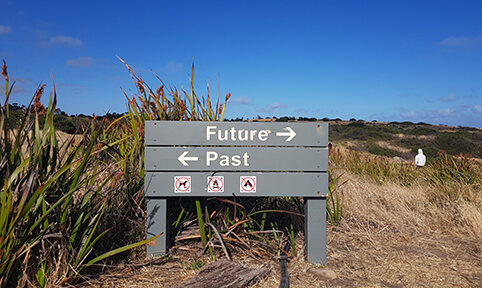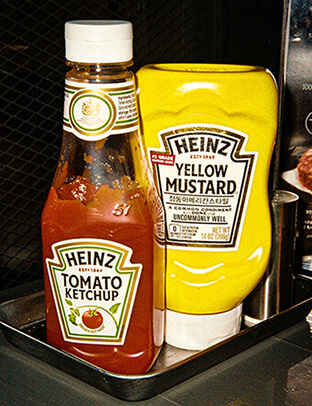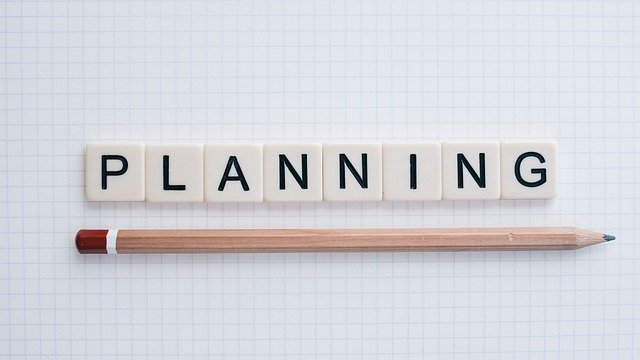Hello! It’s konkaz (@konkazuk) here.
With this blog post, our focus is given to “future tense”, which is an unavoidable element for the implementation of “self-talk” practice in English.
I explained in the last blog post《Eigo-jiru vol.8》that the “self-talk” practice was basically a “live coverage of your thought/acton”.
And I believe that the “tense” could be a sort of obstacle that makes you stumble while you try to construct a sentence in your head during the “self-talk”.

If you look at each title of tense-related subjects in Japanese, such as…
「Kansetsu waho / jisei no iicchi」(=indirect speech / backshift of tenses),
「Mirai kanryo kei」(=the future perfect form),
「Kako kanryo kei] (=the past perfect),
「Kateiho kako kanryo kei」(=Subjunctive past perfect),
etc.

There is a certain inorganic/rigid vibe among these titles (Although they are written in Japanese, each sentence is consisted of mostly Chinese characters that are more complex compared to “hiragana” characters) and that makes you hesitant to learn them.
To be honest with you, adding such a knowledge to your brain without going through the process of “outputting” will be nothing but a dreadful experience unless you are a pure pervert…
Anyway, the top priority of this “self-talk” practice is to build a “pipe” between your brain and your mouth,therefore, for the time being, we are going to leave those tough ones aside, and are going to focus on the following popularly-used three tenses…
“Future tense”,
“Present continuous”
&
“Present perfect”.
And as I mentioned earlier, we are going to have a look at the “Future tense” this time!
Three types of future expressions

Right.
When it comes to “expressing the future” in English, I believe that you will come up with following three types…
① will
② be going to
③ be + doing
However, are you confident about when to use each of them?
I presume some people are not quite sure, so let’s have a look and grasp the point together!

When we talk about an event that is going to be happening in the future, I believe we especially tend to confuse ① will and ② be going to.
The key to judge which one to apply depending on when the “decision” for the action is made.
“Will” is used when you make a decision right now in a spontaneous way and you carry out what you have just decided at the same time.
For example, when someone offers you some sweets, like…
“Hey, I’ve got this chocolate and a piece of cake here, do you want one of these?”
And you almost instantly decide which one to choose and say…
“Oh, great. Thanks! I”ll (I will) have the chocolate, then!”
with your arm stretching out to grab the chocolate…
On the contrary, “be going to” is applied to indicate the future action which decision was made before the moment of speaking. (Not at the moment of speaking!)
To put it simply, “be going to” is used…
“when you talk about the future events which were already planned beforehand“.
For instance, if you are to tell somebody about your plan to see your first cousin, you could say…
“I’m going to see my first cousin next week”

Well, when somebody asks you about your plan for the following week, I don’t think you compulsively decide to see your first cousin and tell the person that you are doing so without checking your cousins’ availability… that’s insane!
Anyway, these (above) are the typical examples of how “will” and “going to” are applied, however, as we sometimes spot some linguistically ambiguous areas in Japanese (the usage of language differs generation by generation, doesn’t it?), we can find similar things with English, too.

You could sometimes hear even natives talking with these “will” and “going to” mixing up…
The phrase, which meaning is not going to be changed by using either “will” or “going to”, can be heard in both ways, for example…
“I think it will be snowing tomorrow!”
and
“I think it’s going to snow tomorrow!”
Or sometimes… a person gets asked by the other person, like…
“Are you going to 〜?”
and you hear the person responding like…
“Urrr… yes, I’m going to 〜“
even though the person is making a decision at the moment of speaking (however not acting straight away…)
Therefore, you might get confused like…
Gurrr…!!! So, which one of these should I use, then!!!
So, for now, let’s stick to this idea, which I mentioned earlier.
We use “will” to inform the future action/event which is decided at the point of speaking and is often instantly carried out.
① Example sentences for using “will”

Now, read the example sentences aloud, and see how “will” is to be applied.
For example, you are sitting on the sofa and you feel like drinking something.
“I want something to drink…”
And after a bit of thinking, you have decided to drink a cup of tea and say…
“Right. I’ll have a cup of tea, then.”

You are saying it almost at the same time as your decision is made!
By the way, “I’ll” (the shortened version of “I will”) is used very often, therefore, let us adopt this form actively and get used to it.
OK, we are moving on to the next example.
You have left the window open for the purpose of air circulation.
But the weather became dismal before you knew it, and the heavy rain has just started pouring down!
The water will come into the room, so you must make a decision and take action immediately to prevent the room from getting wet…
“Oh, no! I’ll go and shut the window!”
Here, you are speaking out at the same time as the decision is made.
Let’s move on to the next one…
You have just finished cooking sausages with a frying pan and have put them on the plate… and now, you are thinking about what sauce you are going to use for them.

If you are going for using ketchup, then you can say…
“I’ll take the ketchup!”
or
“I’ll eat with ketchup!”
If you are grabbing the mustard, then you can say…
“I’ll use the mustard!”
or
“I’ll eat them with mustard!”
Using both?
“I’ll use both!”
Now, you have decided to call your mum (or your friend) and you are holding your phone…
“I’ll call my mum.”
or
“I’ll call (the name of your friend).”
You were just going to wash your clothes and found that you have run short of washing powder…
You have made a decision to go and get one…
“I’ll go and buy a washing powder at the corner shop.”
You had been reading a book in a quiet environment, and suddenly a noisy fly sneaked in from nowhere…
You are reaching out to a swat and say…
“I’ll kill you!”
Speak out and start acting at the same time as you have made a decision!
Let’s keep this in mind and try with your “self-talk”! ✨
② Example sentences for using “be going to”

Right.
As I mentioned earlier, when you are going to mention a “future event”, which was decided to carry out sometime before the moment of speaking, that is when “be going to” is used.
This means…
The event you are going to mention is not decided at the moment of speaking.

Specifically, when you talk about your “plans” or “schedules”, “be going to” is applied.
If you currently have any specific plans you are going to carry out in the near future, speaking them out by using “I’m going to” can be a good practice…
Here are some examples…
“I’m going to meet up with my friends for some drinks after work this Wednesday.”
“I’m going to see my dentist to have my teeth checked this afternoon.”
“I’m going to take my kids to the zoo in Nagoya city this weekend.”
By the way, just because it’s “self-talk”, it does not mean the subject always start with “I’m 〜”, does it?
“be going to“ is also applied…
to express a prediction based on what you are seeing at the point.
For instance, when you are looking outside the window, you realise that it’s getting dark with grey clouds approaching…
It looks pretty obvious that rain is about to fall… so, you can say…
“It’s going to rain.”
or…
you are watching a football match and you see the team A is leading the game by a score of 5-0 with not so much time remaining…
Here, you can say…
“The team A is going to win the match!”
On the other hand, if you are a fan of the Team A, and you are going to mention about the victory of the Team A as a personal opinion, you are to say…
“The team A will win the match!”
by using “will”.
So, let’s pay attention whether you should use “will” or “be going to” when you try to mention the future event with “self-talk” in English.
Keep making mistakes and keep learning, and eventually you will get to the point where they will come out naturally from your mouth!
③ Example sentences for using “be + doing”

Finally, we are going to work on “be + doing“, which we have not touched at all until this point.
When the form of “be + doing” is applied, it’s not at the level of “planning”, but it’s at the level of confirmation that the occurrence of the event in the future has been arranged.
Examples could be…
“I’m playing tennis tomorrow morning.”
“I’m picking up my parents at the airport at 18:00pm.”
“I’m turning 28 next month.”
“be + doing” is applied when the future event is completely decided!
Summary

To summarize this article…
- “will”
…is used to mention the future event which is decided at the point of speaking and is instantly carried out. - “be going to”
…is used to mention the future event which was decided before the moment of speaking (especially when you talk about your schedule or plan)
…is also used to express a prediction based on what you are seeing at the point. - “be + doing”
…is used when the event is happening with no doubt in the near future.
Well…, this is it for three types of future tense.
Let’s keep these in mind and talk to yourself, when you can!
Bye now.
konkaz
*You can read this blog post in Japanese from the link below.
👉 【英語の未来表現】3つのカタチを頭に入れて使いこなす!!! 《英語汁 第9号》

